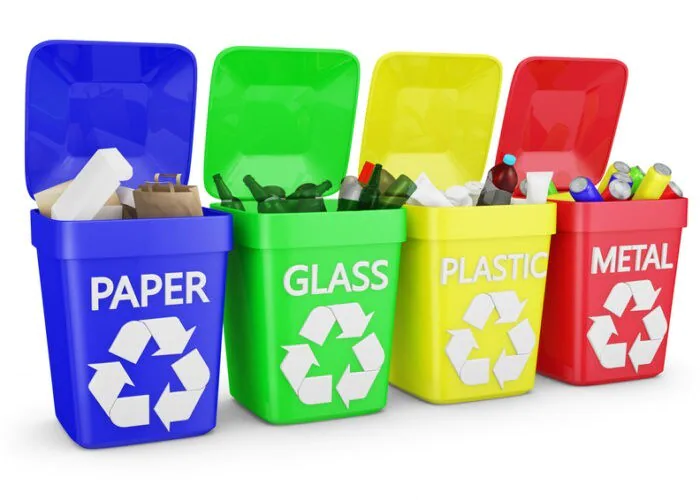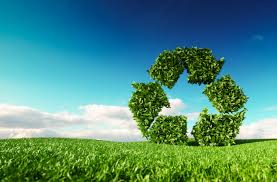The Advantages Of Recycling
Protection of wildlife and ecosystems
When the need for resources goes down, we must change less of the world’s natural areas to get resources. Will-less hurt natural ecosystems, wildlife habitats, and the environment by extractive operations because they will cause less damage and pollution.
Recycling paper, for example, keeps forests and wildlife alive by lowering the need for raw materials. Recycling waste plastic keeps trash from ending in waterways (e.g., the ocean).
Saving the Earth’s natural resources
Protecting natural resources is important because most of the world’s resources are limited or non-renewable, meaning they can’t grow back. Recycling energy and raw materials keeps natural resources safe, and the amount of resources doesn’t go down.

Cuts down on the amount of trash that goes to landfills and incinerators
When the trash is properly sorted and recycled, unwanted items are kept out of landfills and incinerators, where they would otherwise end up. Instead, plastic, glass, and aluminum can be taken to a repurposing plant, where they can use them to make new things or materials. You can stop waste before it’s made, lowering the cost of getting rid of it and saving more of the world’s natural resources.
Pollution avoidance
Reusing materials instead of digging them up and making new ones saves energy and keeps harmful chemicals and carbon gases from being made. Methane is a greenhouse gas that is more powerful than carbon dioxide and comes from landfills. Also, landfills can pollute water supplies and add to smog and pollution in the air.
Conserving energy
Recycling saves energy because it eliminates the need to make new things from scratch. Recycling uses less energy than getting new raw materials from the ground, and less energy is needed to get raw materials, move them, process them, and make things from them.
Making new things out of recycled materials uses up to 30% less energy. Recycling certain things, like aluminum cans, saves a lot of energy because it only takes 5% of the energy to make the same amount of aluminum from scratch.
Reduce greenhouse gas emissions
In many ways, recycling cuts down on greenhouse gas emissions. Recycling materials instead of taking them out of the ground and making new ones saves energy. Also, it stops the production of greenhouse gases that come from extracting raw materials.
Increases Dedication to Environmentally Friendly Practices
Recycling encourages the creation and use of environmentally friendly behaviors, such as green technology and eco-friendly home solutions (e.g., improved recycling equipment).Recycling is one of the three R’s (Reduce, Reuse, and Recycle), and it’s often the first step toward living a more environmentally conscious and ethical life.
In the recycling industry, jobs are done
Recycling is a big part of how our economy works. It does jobs because people are needed at every step, from picking up trash at the curb to sorting and processing it. Studies show that for every job in garbage management, there are four jobs in recycling.
Cash benefits
Depending on what you recycle, there may be financial benefits to recycling. Some things, like beer cans and liquor bottles made of aluminum, can be returned for a small refund. Metals like copper can be recycled at places that charge a lot of money. Always look around your neighborhood for things that can be recycled and turned into cash.
